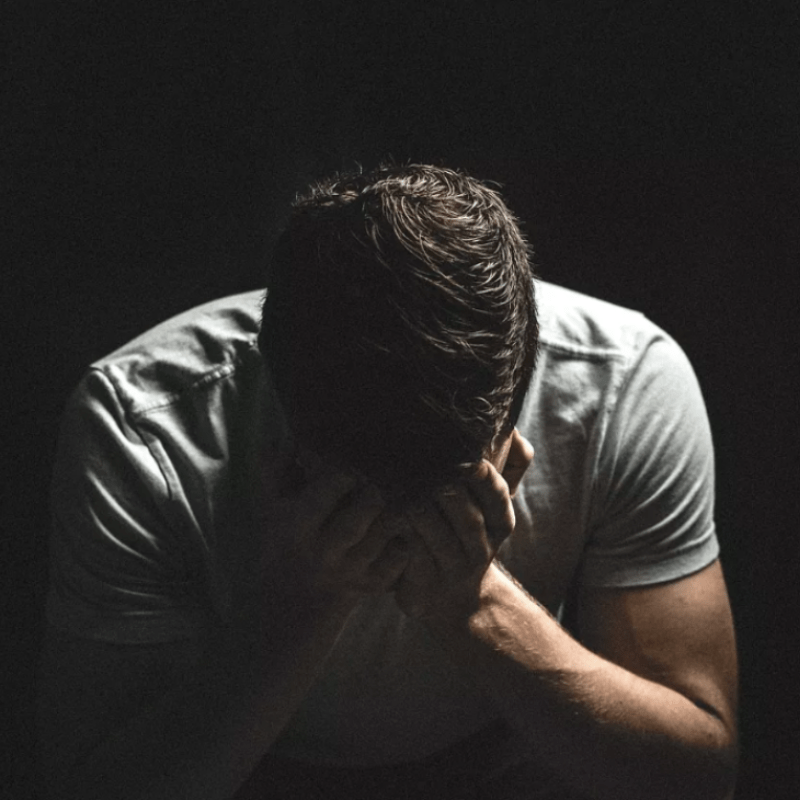Understanding the emotions and normal responses that follow a disaster or other traumatic event can help you cope with your feelings, thoughts, and behaviours.
Disasters such as our region’s devastating flooding; are typically unexpected, sudden, and overwhelming. For many people, there are no outwardly visible signs of physical injury, but there can be nonetheless a heavy emotional toll. It is common for people who have experienced disaster to have strong emotional reactions. Understanding responses to distressing events can help you cope effectively with your feelings, thoughts, and behaviors, and help you along the path to recovery.
What are common reactions and responses to disaster?
Following disaster, people frequently feel stunned, disoriented, or unable to fit in distressing information. Once these initial reactions subside, people can experience a variety of thoughts and behaviours. Common responses can be:
- Changes to thoughts and behaviour patterns. You might have repeated and vivid memories of the event. These memories may occur for no apparent reason and may lead to physical reactions such as rapid heartbeat or sweating. It may be difficult to concentrate or make decisions. Sleep and eating patterns also can be disrupted—some people may overeat and oversleep, while others experience a loss of sleep and loss of appetite.
- Intense or unpredictable feelings. You may be anxious, nervous, overwhelmed, or grief-stricken. You may also feel more irritable or moody than usual.
- Sensitivity to environmental factors. Sirens, loud noises, the sound of rain on the roof, or other environmental sensations may stimulate memories of the disaster creating heightened anxiety. These “triggers” may be accompanied by fears that the stressful event will be repeated.
- Strained interpersonal relationships. Increased conflict, such as more frequent disagreements with family members and co-workers, can occur. You might also become withdrawn, isolated, or disengaged from your usual social activities.
- Stress-related physical symptoms. Headaches, nausea, and exacerbation of pre-existing medical conditions could be affected by disaster-related stress. Seek medical help in the first instance.
So how do I cope?
Fortunately, research shows that most people are resilient and over time are able to bounce back from tragedy. It is common for people to experience stress in the immediate aftermath, but within a few months most people can resume functioning as they did before the disaster. It is important to remember that resilience and recovery are the norm, not prolonged distress.
- There are several steps you can take to build emotional well-being and gain a sense of control following a disaster, including the following:
- Ask for support from people who care about you and who will listen and empathize with your situation. Social support is a key component of disaster recovery. Family and friends can be important resources. You can find support and common ground from those who’ve also survived the disaster. You may also want to reach out to others not involved who may be able to provide greater support and objectivity.
- Give yourself time to adjust. Anticipate that this will be a difficult time in your life. Allow yourself to mourn the losses you have experienced and try to be patient with changes in your emotional state.
- Communicate your experience. Express what you are feeling in whatever ways feel comfortable to you—such as talking with family or close friends, keeping a diary, or prioritising a healthy hobby.
- Connect with your neighbours, groups bringing together the community are available when disaster strikes. There are several social groups online active in your region. This will help you recognise that you are not alone in your reactions and emotions. This has the added benefit helping others that may not find it as easy to connect.
- Engage in healthy behaviours to enhance your ability to cope with excessive stress. Eat well-balanced meals and get plenty of rest. If you experience ongoing difficulties with sleep, you may be able to find some relief through relaxation techniques. Avoid gambling, alcohol, and drugs because they can be a numbing diversion that could detract from as well as delay active coping and moving forward from the disaster. These may have
- Establish or re-establish those routines. This can include eating meals at regular times, sleeping and waking on a regular cycle, or following an exercise program. Build-in some positive routines to have something to look forward to during these distressing times, like revisiting a hobby, walking through your neighbourhood, or reading a good book.
- Avoid making major life decisions. Important decisions tend to be highly stressful and even harder to take on when you’re recovering from a disaster. Keep to the basics until you find your feet.
When should I seek professional help?
If you notice persistent feelings of distress or hopelessness and you feel like you are barely able to get through your daily responsibilities and activities, consult with your general practitioner. Lifeline is available on 13 11 14, 24 hours a day, 7 days a week. Lifeline provides compassionate support for people in crisis. No judgement. No conditions. No agenda. Just a human connection to help people get through their darkest moments. Connecting with trained professionals can help people address emotional reactions to disasters such as disbelief, stress, anxiety, and grief and plan for moving forward.
Help with Gambling Harm
We know that when disasters strike, people may find themselves pursuing addictive behaviour to support their coping. Gambling harm is relatively common in the context of trauma and occur frequently with post traumatic mental health concerns. They are known to increase following a disaster, as people attempt to distract themselves from accumulating stressors, and when usual routines and coping strategies have been disrupted, we know from experience; this potential and negative coping strategy can be harmful for anyone’s long term coping. Help is at hand.
Gambling and Financial Counselling
No matter how you’re affected by gambling – whether you’re worried about your own or someone else’s gambling, GambleAware are right here for you. Our service is a free, confidential service that assists gamblers and their families in NSW.
Financial Counselling supports people affected by gambling harm, by helping to address their financial problems, manage debt and navigate out of financial crisis. Counsellors can provide direct case work or one-on-one intensive support, including the provision of information, advocacy, and referral to other relevant services for support.
We are here to assist with a range of therapeutic, financial counselling, and support services that can be accessed by phone, online, and face-to-face. All services are free and confidential. We will be in your area.
GambleAware Mid and Northern NSW. Your local gambling support service. Locations include Coffs Harbour, Grafton, Lismore, Port Macquarie & Tweed Heads. To make an appointment call 02 6651 4093 or email gambleawaremnc@lifeline.org.au
Further information can be found on our website. GambleAware Mid and Northern NSW. Your local gambling support service.



